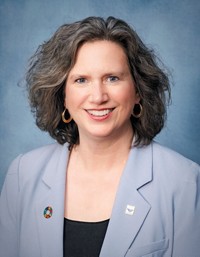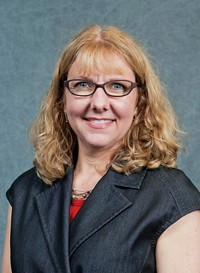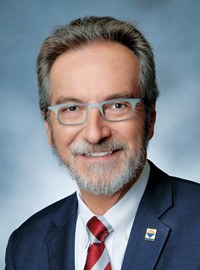Advertisement
Grab your lab coat. Let's get started
Welcome!
Welcome!
Create an account below to get 6 C&EN articles per month, receive newsletters and more - all free.
It seems this is your first time logging in online. Please enter the following information to continue.
As an ACS member you automatically get access to this site. All we need is few more details to create your reading experience.
Not you? Sign in with a different account.
Not you? Sign in with a different account.
ERROR 1
ERROR 1
ERROR 2
ERROR 2
ERROR 2
ERROR 2
ERROR 2
Password and Confirm password must match.
If you have an ACS member number, please enter it here so we can link this account to your membership. (optional)
ERROR 2
ACS values your privacy. By submitting your information, you are gaining access to C&EN and subscribing to our weekly newsletter. We use the information you provide to make your reading experience better, and we will never sell your data to third party members.
Environment
Welcoming New Members To The American Chemical Society
by D. Richard Cobb, Chair, Membership Affairs Committee; Bryan Balazs, Chair, Society Committee on Education
June 15, 2009
| A version of this story appeared in
Volume 87, Issue 24

With a resounding vote last fall, ACS members approved changes in the bylaws pertaining to membership categories, striking a new balance between maintaining the admission standards that define us as a professional society and the desire to set the stage for a more inclusive and sustainable society. These bylaw changes focus on the qualifications for undergraduate students, teachers, and chemical professionals to become ACS members.
Since then, many governance bodies within ACS have discussed these changes. The Membership Affairs Committee and the Society Committee on Education in particular have given considerable thought to the opportunities and implications afforded by the changes and how we might move into the future with expanded efforts to engage all who are passionate about chemistry.
We would like to explain what the new membership categories mean for current and future ACS members and to encourage expanded efforts to engage new society members. You may be asking why such a change was even necessary. The answer is that these changes now enable membership for science professionals who wanted to join and contribute to ACS but were prevented from doing so by obstacles in the previous membership qualifications, such as years of experience and area and level of degree. The changes in membership requirements thus ensure that society membership is more accessible to chemical professionals, high school teachers, and those who work in the multidisciplinary sciences.
Student Members. Starting this month, undergraduate student affiliates will become student members, and those students who are not currently student affiliates but are working toward an undergraduate degree in chemistry or a related field may now apply for membership as student members. The new bylaws grant these student members all the rights of membership except holding national office or serving as an ACS councilor or alternate councilor. Divisions and local sections have the option to waive or discount dues for student members and allow them to serve as officers.
Except for a name change to student chapters, the new bylaws do not impact the highly successful student affiliates chapters, their associated activities on college and university campuses, or the ACS activities that support them. The current discounted dues structure put in place for student affiliates will remain in place for student members. Fee structures for undergraduate students participating in national meetings will also remain the same. Graduate students are not affected by the bylaw changes; they will continue to be full members of ACS, receiving a 50% dues discount plus a discounted registration rate at ACS national meetings.
Associate Members. The associate member category has been eliminated, and all associate members will now be converted to regular members. Under the new bylaws, there is no longer a work experience requirement, so those who have an undergraduate degree in a chemistry-related science are eligible for membership.
Society Affiliates. Society affiliates, those who are not eligible to be members but whose work is related to the chemical sciences, will now pay 100% of regular member dues instead of 75% of the full dues. Current society affiliates will see the increase reflected in their next dues renewal.
Engaging and providing value to new members is the next step. One way to determine how best to serve our colleagues is to ask them: What program or activity would attract chemical professionals to a local section meeting? How can divisions enhance the professional development of undergraduate students? What can local sections do to support high school chemistry teachers? The answers to these and other questions will strengthen the chemistry enterprise and build communities around common interests. If you would like to share your questions or experience on these topics, please contact us at meminfo@acs.org.
Science is all about new understanding, new perspectives, and an ever-growing body of knowledge. The new membership categories will make our society even more reflective of these ideals. We will grow by challenging ourselves to expand our ranks with new professionals who will no doubt play a critical role in the ACS of the future. Please join us in welcoming new members to the world's largest scientific society!





Join the conversation
Contact the reporter
Submit a Letter to the Editor for publication
Engage with us on Twitter